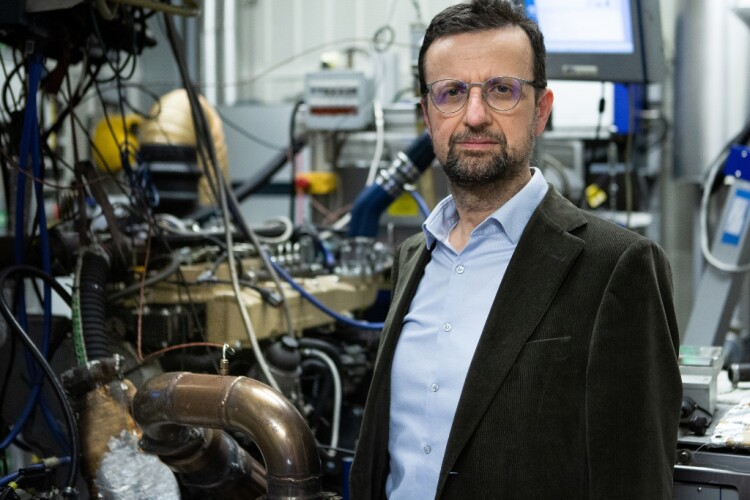Laboratory and field testing have confirmed that Kohler diesel engines require no modification to use HVO. However, use of exhaust gas after-treatment systems will still be necessary where already required.
Pure or blended, it can be used in any Kohler engine, whether liquid-cooled from the KDI and KDW lines or air-cooled from the KD line, the company said. In addition, no variations to the maintenance schedule are required and normal European warranty conditions apply.
HVO is a renewable paraffinic fuel also known as synthetic diesel. It is produced with plant or animal oils derived from the residues of the meat and fish industries. Since it is obtained from organic material, HVO – unlike biodiesel – does not use agricultural resources or contribute to deforestation.. A reduction in overall CO2 emissions of up to 90% can be obtained depending on the raw material employed in HVO production.
However, while it burns more cleanly than regular petroleum-derived diesel, it is taxed by the UK government at the same rate and so is not cheaper.
“We are witnessing a growing interest from customers for use of synthetic fuel (HVO) and other renewable fuels. E-fuels are especially interesting, not only for their positive environmental impact but also because they reach performance levels comparable to diesel fuels,” said Luigi Arnone, engineering director for diesel engines at Kohler.
The main differences between European diesel fuel (standard EN590) and HVO are listed in the table below.
EN590 diesel and HVO fuel compared
| EN590 | EN590 | HVO | HVO | ||
|---|---|---|---|---|---|
| Unit | Min | Max | Min | Max | |
| Density @ 15°C | kg/m3 | 820 | 845 | 770 | 790 |
| Viscosity @ 40°C | mm2/s | 2.0 | 4.5 | 2.0 | 4.0 |
| Cetane number | 51 | 75 | |||
| Net heating value | MJ/kg | ~43 | ~44 | ||
| Flash point | °C | 55 | 55 | ||
| Sulphur content | mg/kg | 10 | 5 | ||
| Aromatics | % (m/m) | 8 | 1 |
HVO fuel has a lower density, meaning that the mass of fuel injected per cycle is lower than that of EN590 diesel, reducing power and torque performance by 1 and 5%. This effect is partly compensated by a higher cetane number (75 for HVO compare to 51 for EN590 diesel), which translates into positive effects on combustion.
Got a story? Email news@theconstructionindex.co.uk



